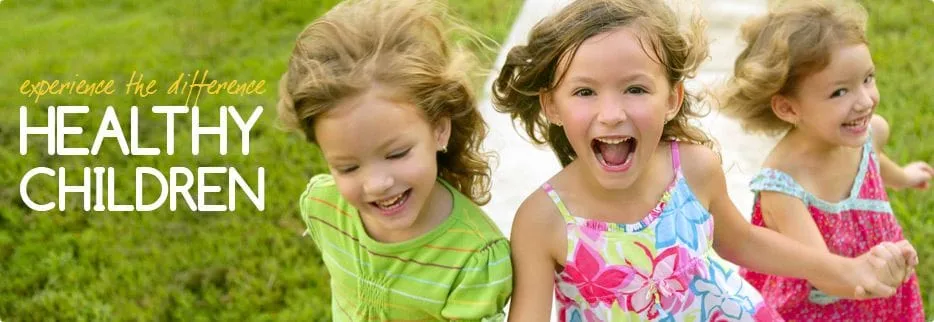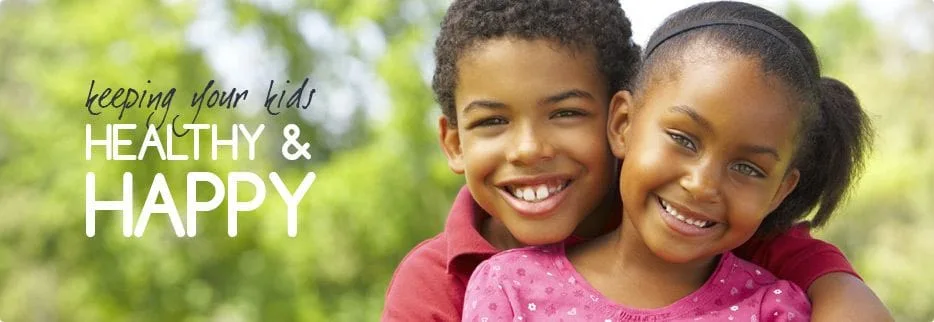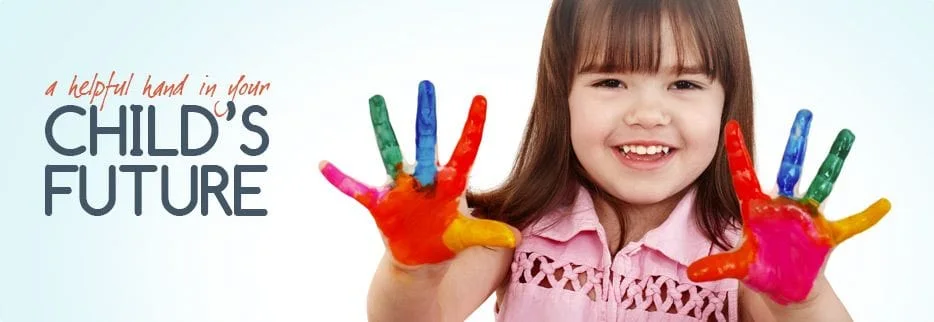A pulled elbow (also known as nursemaid’s elbow) is a common, painful injury generally among children under four years old but occasionally older. It occurs when the outer part of the elbow becomes dislocated or slips out of its joint.
Read More8340 Mission Rd # 100
Prairie Village, KS 66206
(913) 642-2100
(913) 642-2127 (Fax)

-
Nursemaid's Elbow
Category: safety_and_prevention
-
Pneumococcal Infections
Category: newborns_infants_and_toddlers
Meningitis (brain), Bacteremia (bloodstream), Pneumonia (lungs), Sinusitis (sinus membranes), and Otitis media (ears). These infections can be dangerous to very young children, the elderly, and people with certain high-risk health conditions.
Read More -
Protect Your Child From Poison
Category: newborns_infants_and_toddlers
Children can get very sick if they come in contact with medicines, household products, pesticides, chemicals, or cosmetics. This can happen at any age and can cause serious reactions. However, most children who come in contact with these things are not permanently hurt if they are treated right away.
Read More -
Protecting Your Child With the COVID-19 Vaccine
Category: common_illnesses_and_conditions
Information about how to protect your child with the COVID-19 vaccine.
Read More -
Respiratory Syncytial Virus (RSV)
Category: common_illnesses_and_conditions
Almost all children get a respiratory syncytial virus (RSV) infection at least once before they are 2 years of age. Most children have mild symptoms. But babies and some children can get very sick from RSV. Here is information from the American Academy of Pediatrics about RSV, including how to protect
Read More -
Sinusitis and Your Child
Category: newborns_infants_and_toddlers
Sinusitis is an inflammation of the lining of the nose and sinuses. It is a very common infection in children.
Read More -
Sleep Apnea and Your Child
Category: common_illnesses_and_conditions
Does your child snore a lot? Does he sleep restlessly? Does he have difficulty breathing, or does he gasp or choke, while he sleeps? If your child has these symptoms, he may have a condition known as sleep apnea.
Read More -
Sleep Problems in Children
Category: newborns_infants_and_toddlers
Sleep problems are very common during the first few years of life. Problems may include waking up during the night, not wanting to go to sleep, nightmares, sleepwalking, and bedwetting. If frantic upset persists with no apparent cause, call your child's doctor.
Read More



